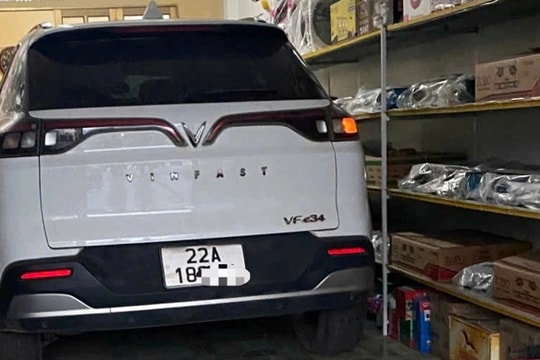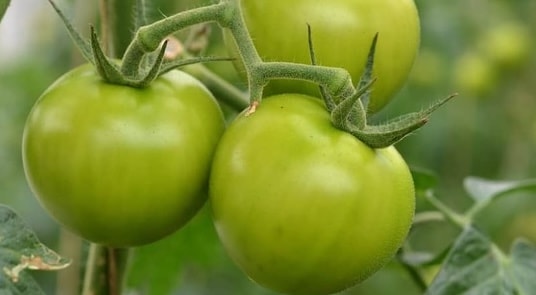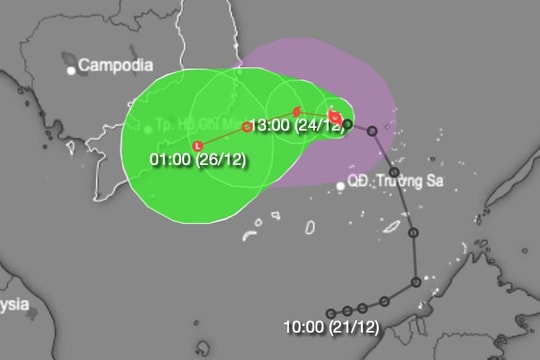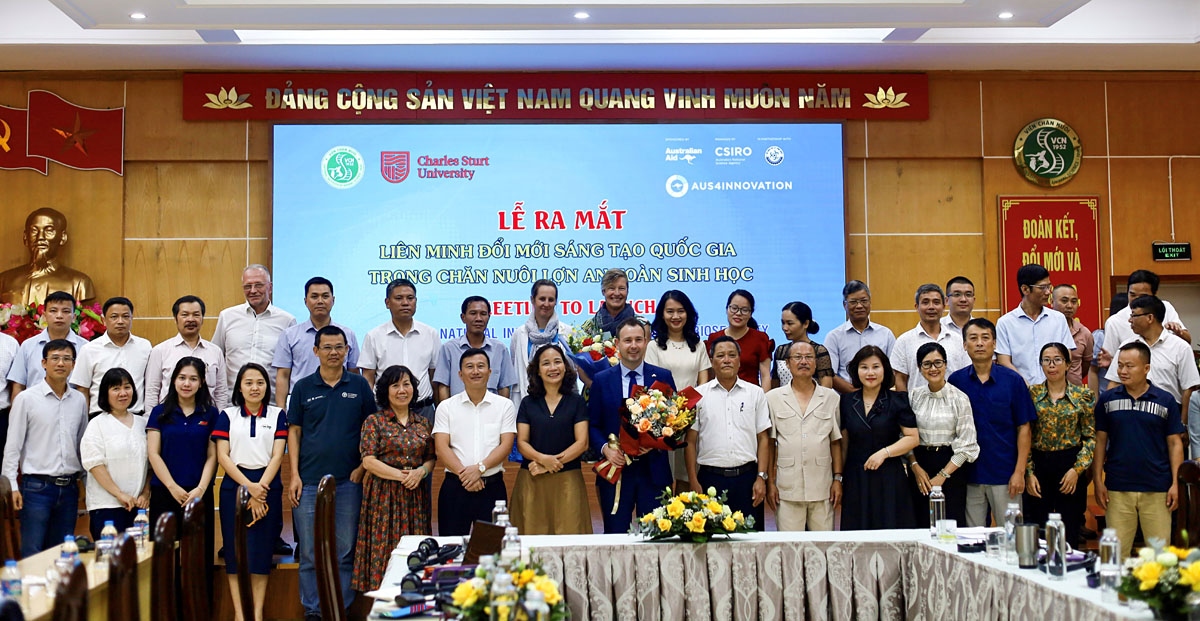
Critical findings from a comprehensive study on the vulnerability of smallholder pig farmers to biosecurity risks and diseases, such as African Swine Fever (ASF), were also unveiled at the launching ceremony.
Statistics show the ASF epidemic has wreaked havoc since 2019, with smallholders who compose 99.8% of the industry, being significantly affected due to poor biosecurity measures. The inauguration of the Alliance and the revelations from the pilot study underscore the commitment to elevating biosecurity as a frontline defence against ASF and other diseases.
The study, a collaborative effort between the National Institute for Animal Sciences, Australia’s national science agency (CSIRO), and Charles Sturt University, aimed to unearth the biosecurity challenges and innovation opportunities at the smallholder level. Engaging with smallholder pig producers, the study employed a nuanced approach in collecting data and assessing vulnerabilities and resilience against ASF within the value chain.
“The launch of the National Innovation Alliance for Pig Biosecurity is a foundational step towards a secure, sustainable future for pig farming in Vietnam. Adopting innovative biosecurity practices is pivotal not only to improve the livelihoods of farmers but also to ensure the resilience of the food supply chain and manage the environmental impact,” said Andrew Goledzinowski, Australian Ambassador to Vietnam.
“Our financial and technical support to the Alliance underpins Australia's unwavering dedication to serving as Vietnam’s trusted partner in innovation and scientific advancement, thereby strengthening the strategic partnership between our nations,” he continued.
Dr. Kim Wimbush, CSIRO Counselor and Director of Aus4Innovation program shared about Aus4Innovation’s planned support for the Alliance.
“Through the CSIRO managed, Aus4Innovation program, we are dedicated to strengthening the Alliance by way of a comprehensive support strategy. We will provide financial resources to fuel the activities of the Alliance. Moreover, we will actively seek out and deliver expert assistance, offer research advice, and support implementation efforts. Our role also encompasses facilitating and enhancing interactions among members and other elements within the innovation ecosystem to successfully commercialise Vietnam-Australia research outcomes.”
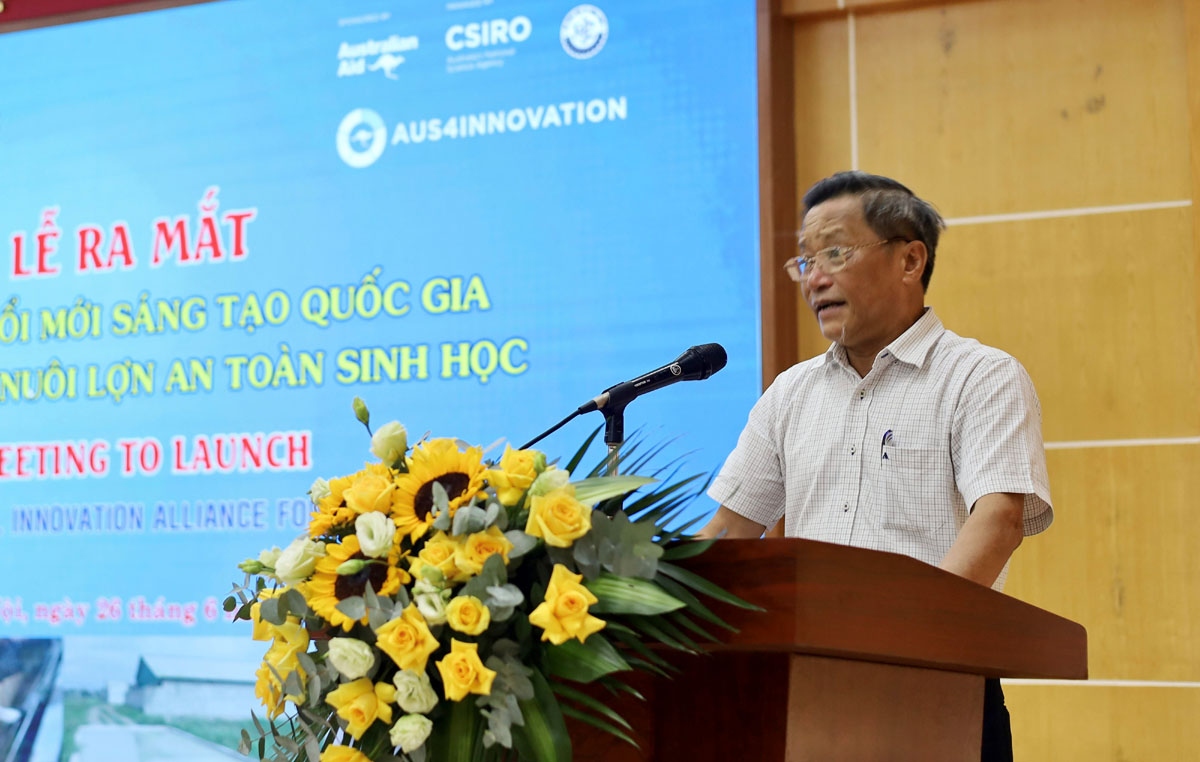
Echoing their views, Dr Pham Cong Thieu, General Director of the National Institute of Animal Sciences emphasized, that “This Alliance marks a proactive move to elevate the standards of Vietnamese pig farming. On the other hand, this insightful research offers a gateway to developing targeted vulnerability and resilience assessment tools, significantly contributing to our collective efforts in safeguarding the pig farming industry."
The study, spanning 160 pig farmer households across Ha Nam, Hoa Binh, and Bac Giang provinces, found that Hoa Binh was particularly susceptible to disease incursion. The income from pig farming inversely affected disease vulnerability, and the research provides a foundation for future biosecurity policy and practice.
The launch of the Vietnam National Alliance for Pig Biosecurity and the study findings mark a pivotal advancement in combating the biosecurity challenges confronting Vietnam’s pig farming industry. Together, they lay the groundwork for innovative solutions and policies aimed at protecting smallholder livelihoods, ensuring food safety, and bolstering the industry's resilience against diseases.
This study and alliance are supported by Aus4Innovation, a ten-year (2018-2028) AU$33.5 million flagship program aimed at strengthening Vietnam’s innovation system to support inclusive and sustainable socio-economic development. The program is funded by Australia’s Department of Foreign Affairs and Trade (DFAT), co-funded and managed by CSIRO – Australia’s national science agency, and delivered in a strategic partnership with Vietnam’s Ministry of Science and Technology.









